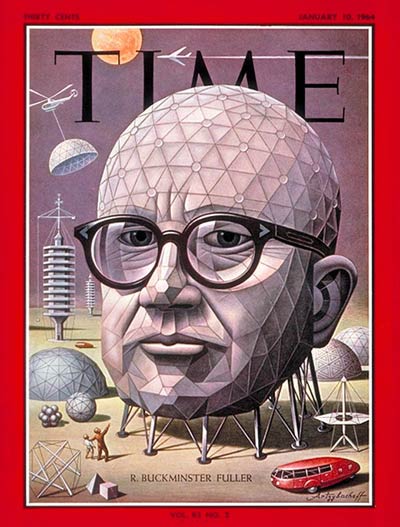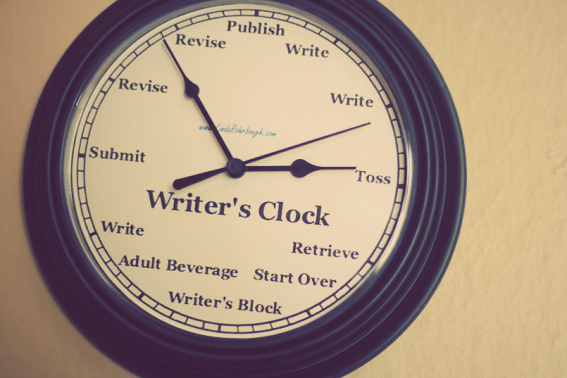People ask a lot of questions when they find out someone is a writer. Some show a distinct lack of knowledge about what writing pays. Either the person is chronically unemployed or already has their retirement funded nine times over. In reality, most of us have day jobs or are retired. Some are about research. Of course, I wrote here a couple of times about where characters come from, and, of course, my favorite topic: setting. One question, however, sets almost every writer's teeth on edge.
"Where do you get your ideas?"
From the reader's, or at least non-writer's, point of view, it's a fair enough question. Most people may daydream, but they don't spend a lot of time trying to spin it into a story. Or if they do, not something beyond telling tales in a bar after it's too late to drive one's self home. So, why does this bother writers so much?
Well, ideas come from just about everywhere. I don't care if you're Harlan Ellison cooped up in a hotel room banging out the original version of Star Trek's "City on the Edge of Forever" on your ancient Underwood manual typewriter or my buddy Rick Partlow dictating the first of 5000 words a day while in the shower. You don't know where the ideas come from.
Stephen King often talks about this. Once, he referenced Ellison (I think. The memory is fuzzy after so many years), that famous master of sarcasm, who said, "Oh, I have a service in New Jersey I subscribe to for $25 a month." I read that in 1985, so I'm assuming, with inflation, it's now $75. Seriously, though, while I won't even try to fathom what went through Ellison's mind, I have seen where King's ideas came from.
Carrie - King's breakthrough novel and his debut is also his least favorite. (Me, personally, I don't like Christine, but I like Cell a lot less. But I'm just a silly consumer.) It came from working as a janitor in a high school and cleaning the girls' locker room. What are those weird dispensers on the wall? This was 1973, after all, and that stuff just wasn't talked about. Why were high school girls so mean? What about two girls he went to high school with who were outcasts? His contact with high school resulted in his first three novels: the Bachman books Rage and The Long Walk, and Carrie. He regrets Rage for what happened after the fact, but Carrie ended up in the garbage after a handful of pages. Why? He didn't get the main character. Fortunately, Tabitha King did and helped him finish it.
Pet Sematary - One of the king boys, I think it was Joe Hill, was a naughty little toddler and liked to run out in the road. At the time, the King family lived in a Maine logging town, and little Joe (or was it Owen?) nearly got squished by a logging truck barreling through at a pretty good clip. The incident, of course, prompted King to write his own version of "The Monkey's Paw," but was this latest edition to the Castle Rock continuum made up? A couple of years ago, my family and I toured New England. Driving from Burlington, Vermont, to Bar Harbor, we went through a hamlet situated between a mountain and a large foothill. I told my wife I thought this looked familiar. Might have been the buildings along one side of the road. And then a logging truck blew past us, its wake shaking the car. I said, "Oh, my God, Candy! We just drove through Pet Sematary!"
Cell - My least favorite King novel and a pale copy of The Stand. King hates cell phones. Get off his lawn. What if these idiotic gadgets set off the zombie apocalypse? I appreciate the sentiment, but not the execution. Although this was one of the first novels written after his accident, so give him credit for at least getting back on the horse. (Much prefer Duma Key.)
That's just Stephen King. Some ideas come from more bizarre directions than this. My first novel Northcoast Shakedown had its genesis in some balcony work at an apartment complex where I lived. What if someone pushed the guy off the ladder? On the scifi side, I came up with TS Hottle's Gimme Shelter when I saw a video game ad with ordinary people grabbing assault weapons to ward off aliens, all to the strains of... Well... "Gimme Shelter." I've had short stories inspired by getting stuck out in the rain, obsessive scifi fans, and the titles of Deep Purple songs.
Anthologies provide the best hooks. A few years ago, I was invited to one with a theme of Steely Dan songs. More recently (and unfortunately, I pulled out too soon), I submitted to a one-hit wonder themed anthology and came up with "Black Velvet" and its Elvis-themed lyrics. My favorite, though, was when someone wrote a story based on "Kid Charlemagne," the song itself having a real-life inspiration.
One never knows when an idea will strike. I walk along railroad tracks a couple of times a week on my way home from Ye Olde Day Job. Between Norfolk Southern's woes and my still-childish need to see a train once in awhile, there may be a toxic heist in the offing.

































